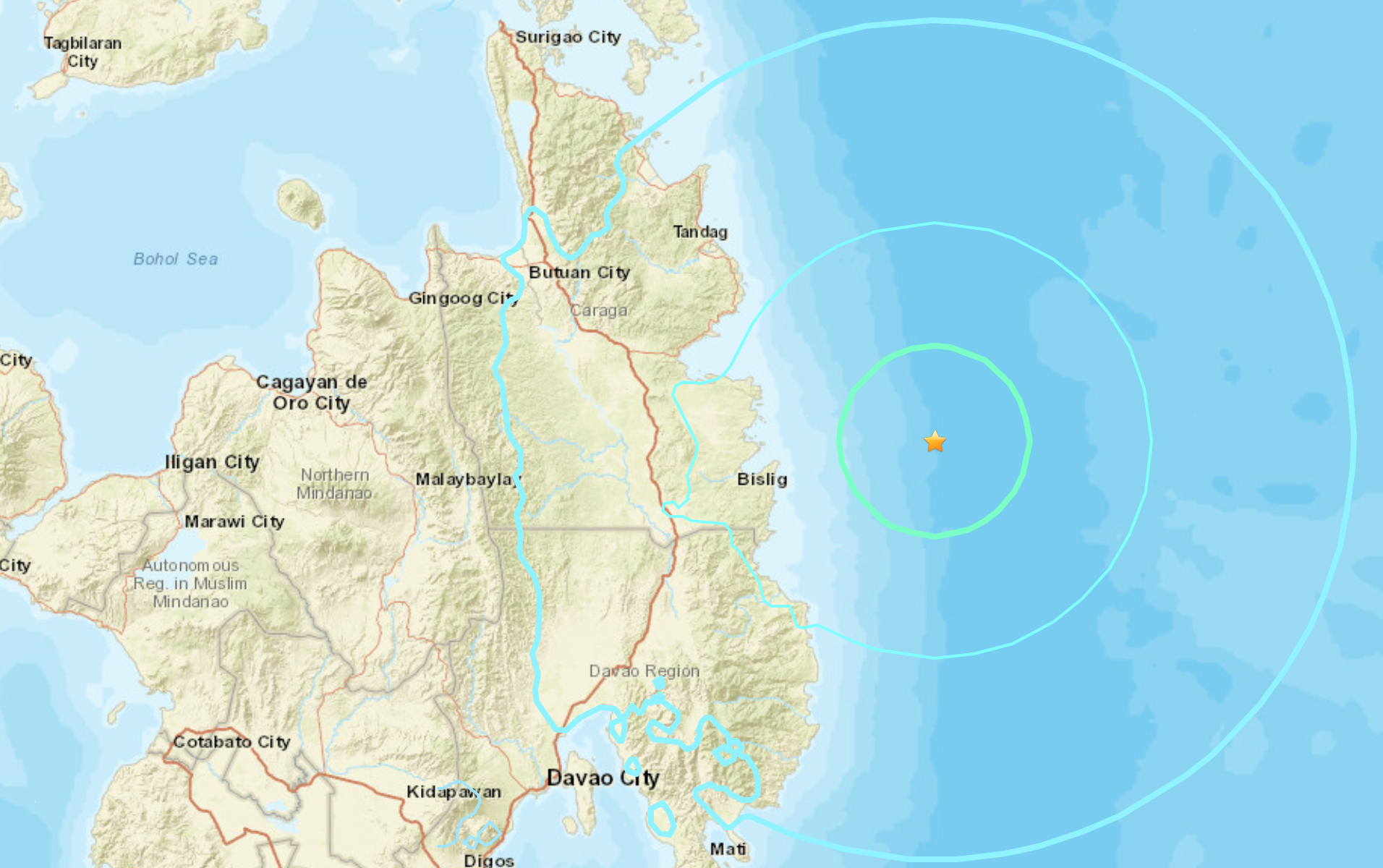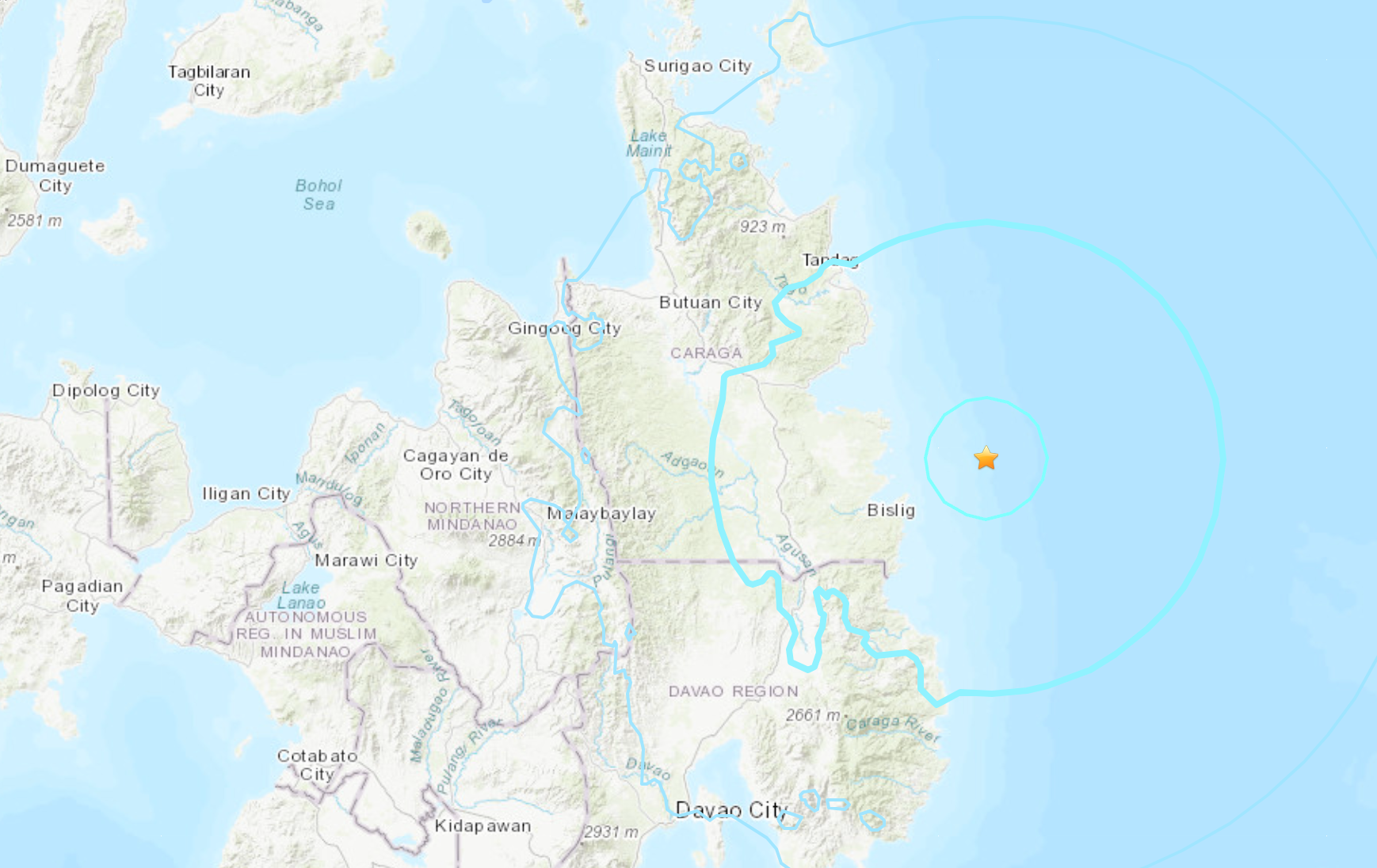Tsunami warning as 7.6 magnitude earthquake strikes Philippines
Experts warned a tsunami could also hit parts of Indonesia and Malaysia

Your support helps us to tell the story
From reproductive rights to climate change to Big Tech, The Independent is on the ground when the story is developing. Whether it's investigating the financials of Elon Musk's pro-Trump PAC or producing our latest documentary, 'The A Word', which shines a light on the American women fighting for reproductive rights, we know how important it is to parse out the facts from the messaging.
At such a critical moment in US history, we need reporters on the ground. Your donation allows us to keep sending journalists to speak to both sides of the story.
The Independent is trusted by Americans across the entire political spectrum. And unlike many other quality news outlets, we choose not to lock Americans out of our reporting and analysis with paywalls. We believe quality journalism should be available to everyone, paid for by those who can afford it.
Your support makes all the difference.A 7.6 magnitude earthquake has hit the Philippines, triggering a tsunami warning.
The quake struck off the island of Mindanao late at night, with residents living on the eastern coast urged to evacuate from their homes immediately.
The Pacific Tsunami Warning Center warned that tsunami waves could hit the southern Philippines and parts of Indonesia, Palau and Malaysia.
Residents described a “strong and long” shaking in their homes.
One person living 146 kilometres from the epicentre wrote: “The shaking woke me up from sleep and it kept on going for what felt like forever.
“I could see my ceiling and walls shaking. Longest and strongest earthquake I’ve ever felt.”

“I’m in Davao city. This one is stronger and longer than the last quake on 17 November. Shaking side to side still,” another person said.
It comes after a huge 7.2 magnitude earthquake hit the region on 17 November. Footage from the time showed ceilings falling at two large shopping centres as pillars swayed.
The Philippines experiences regular earthquakes and volcanic eruptions due to its location on the Pacific “Ring of Fire,” an arc of seismic faults around the ocean.
It causes around 100-150 earthquakes a year in the region due to tectonic plates overlapping at convergent boundaries called subduction zones.
Mindanao is the second-largest island in the Philippines and is home to about 26 million people. Davao City, the third-largest city in the Philippines, is on the coast of Mindanao.
Join our commenting forum
Join thought-provoking conversations, follow other Independent readers and see their replies
Comments